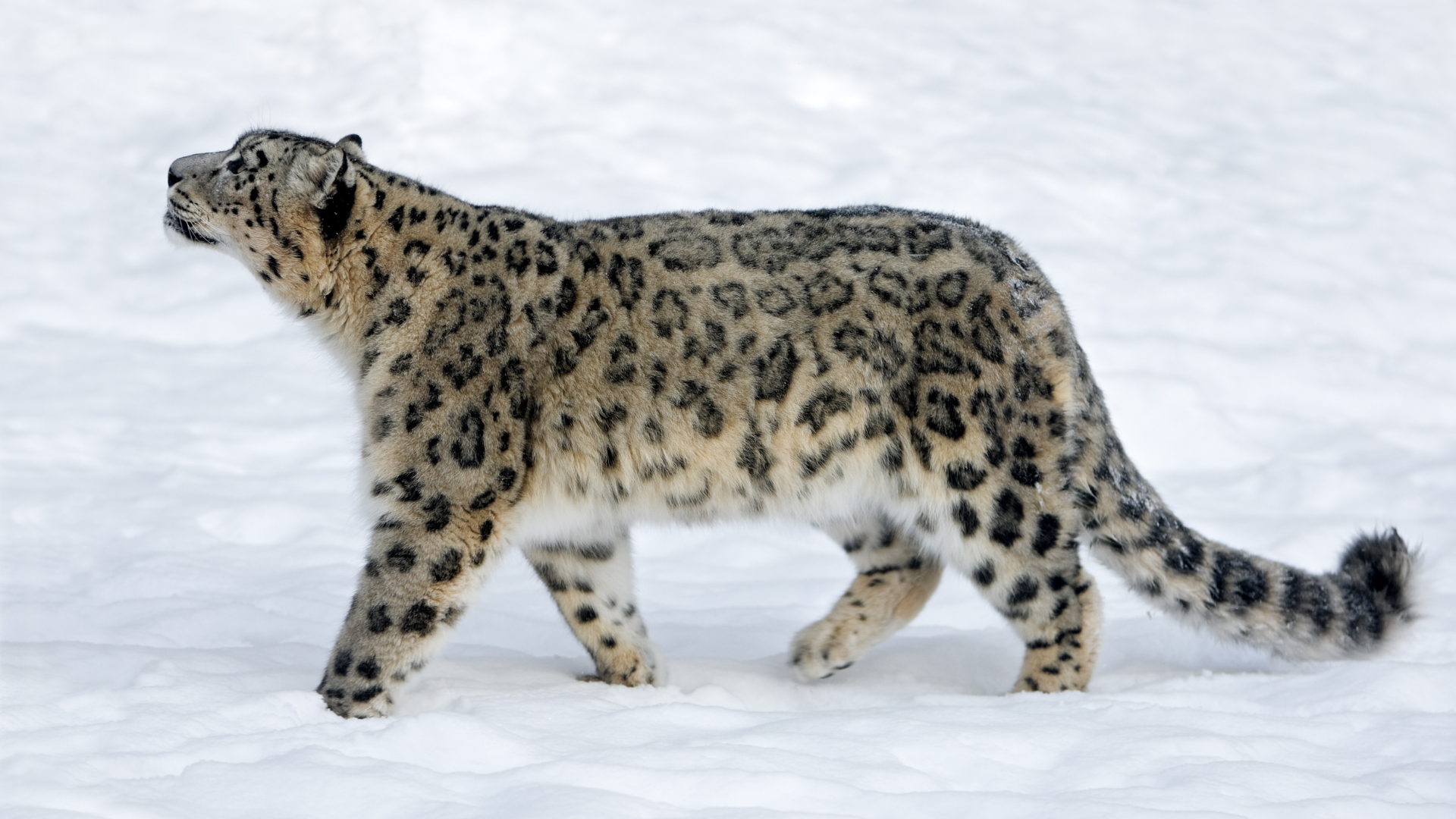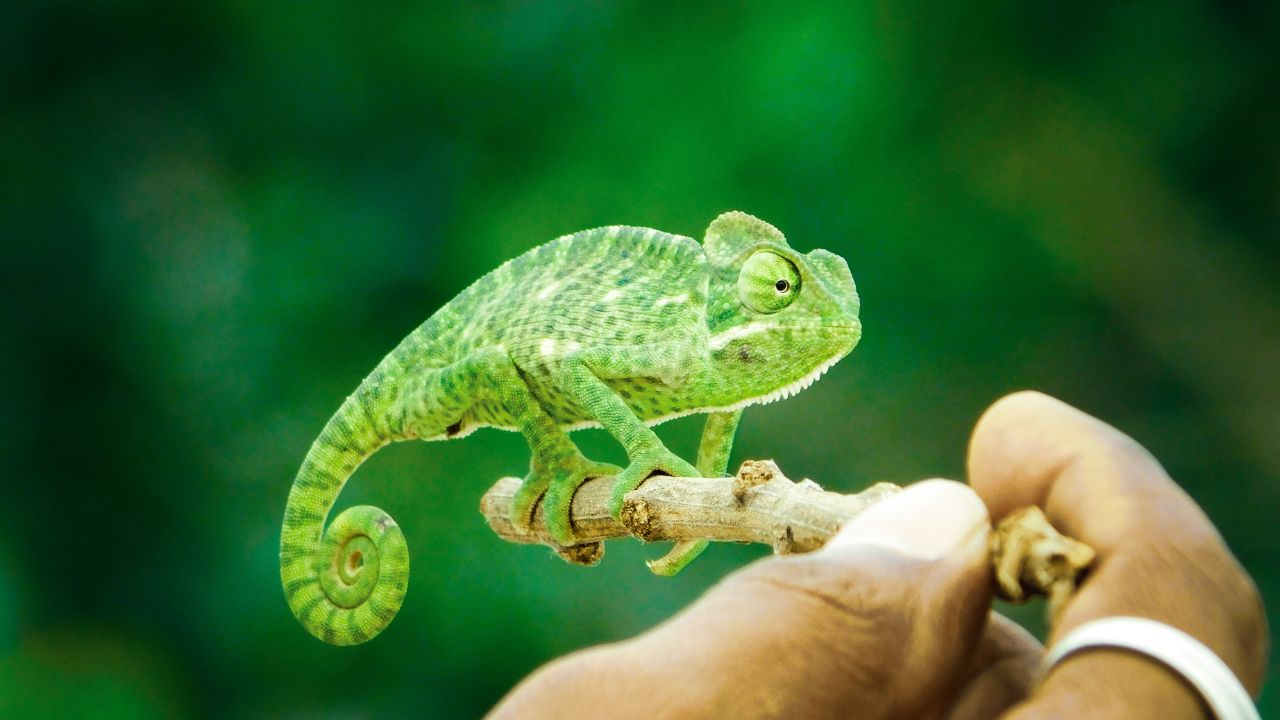-

How Diet Influences a Dog’s Coat, Digestion, and Energy Levels
Dogs have a habit of showing small changes long before anything serious develops. It might be a fur coat that no longer feels soft and shiny, an energy level that fades sooner than expected, or digestion that becomes unpredictable. None of these signs usually feels urgent on its own. They tend to appear quietly and…












